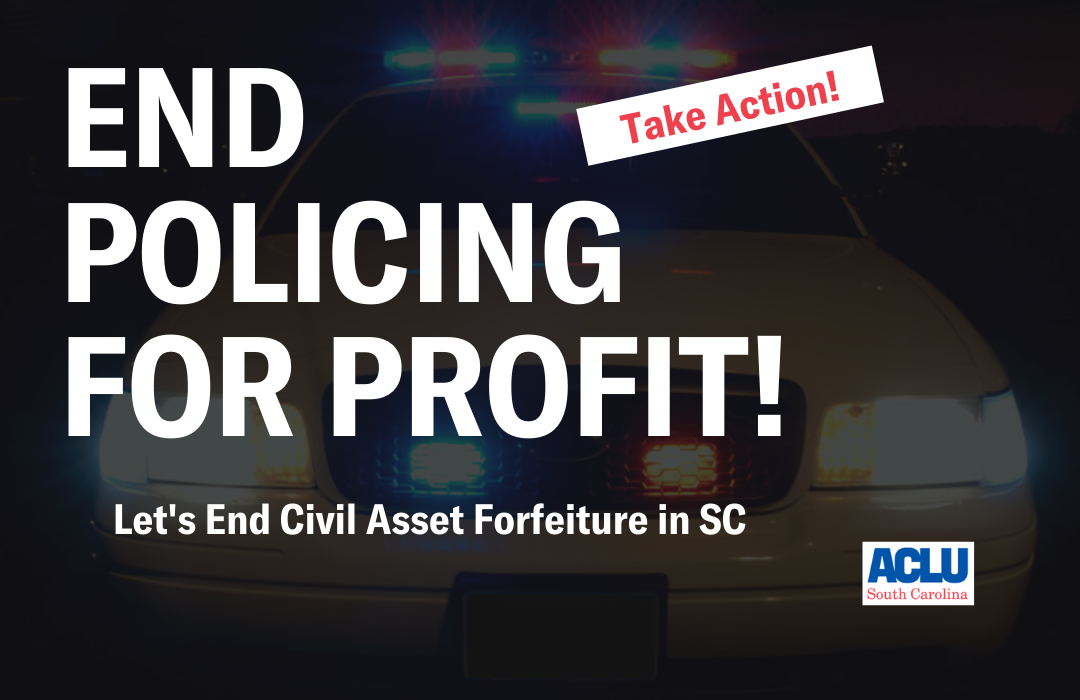The American Civil Liberties Union (ACLU), an iconic defender of individual rights and civil liberties, has been at the forefront of the movement to end policing for profit in the United States. As concerns over the abuse of civil asset forfeiture and revenue-driven law enforcement practices have gained prominence, the ACLU has played a crucial role in advocating for systemic reforms. This article explores the ACLU's unwavering efforts to curb policing for profit and its broader mission to safeguard constitutional rights. ACLU: End Policing for Profit
- Historical Commitment to Civil Liberties:
Founded in 1920, the ACLU has a storied history of defending civil liberties and challenging government overreach. Over the years, the organization has consistently championed the protection of individual rights guaranteed by the Constitution. Policing for profit, with its potential to infringe upon the Fourth Amendment and due process rights, aligns with the ACLU's broader mission to ensure that the government respects and upholds the rights of all citizens.
- Challenging Unjust Asset Forfeiture:
The ACLU has been a vocal critic of civil asset forfeiture, a practice that allows law enforcement agencies to seize property they suspect is connected to criminal activity, often without requiring a criminal conviction. The organization argues that this practice undermines due process and disproportionately impacts vulnerable communities. Through litigation and advocacy, the ACLU has challenged the constitutionality of asset forfeiture, working to establish legal precedents that protect individuals from unjust seizures.
- Legislative Advocacy for Reform:
Recognizing the need for comprehensive reform, the ACLU has actively engaged in legislative advocacy at both the state and federal levels. The organization has supported and proposed legislation aimed at increasing transparency, accountability, and fairness in asset forfeiture proceedings. By working with lawmakers, the ACLU seeks to reshape legal frameworks to prevent the misuse of law enforcement powers for financial gain.
- Fighting Racial and Economic Disparities:
The ACLU has been at the forefront of highlighting the racial and economic disparities associated with policing for profit. The organization argues that these practices disproportionately impact communities of color and exacerbate existing inequalities within the criminal justice system. By addressing the intersectionality of these issues, the ACLU contributes to a broader conversation about the need for systemic change to create a fair and equitable legal system.
- Community Education and Empowerment:
Understanding the importance of public awareness and engagement, the ACLU conducts extensive community education initiatives to inform the public about the implications of policing for profit. Through publications, online resources, and community outreach, the organization empowers individuals with knowledge about their rights and encourages them to actively participate in the fight against unjust law enforcement practices.
The ACLU's tireless efforts to end policing for profit exemplify its longstanding commitment to defending civil liberties and promoting justice. By challenging the constitutionality of asset forfeiture, advocating for legislative reforms, and addressing the systemic inequalities associated with these practices, the ACLU remains a crucial player in the broader movement for criminal justice reform. As the organization continues to navigate legal challenges and advocate for policy changes, it reinforces the vital role that civil liberties organizations play in holding the government accountable and safeguarding the rights of all individuals.





